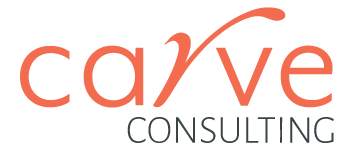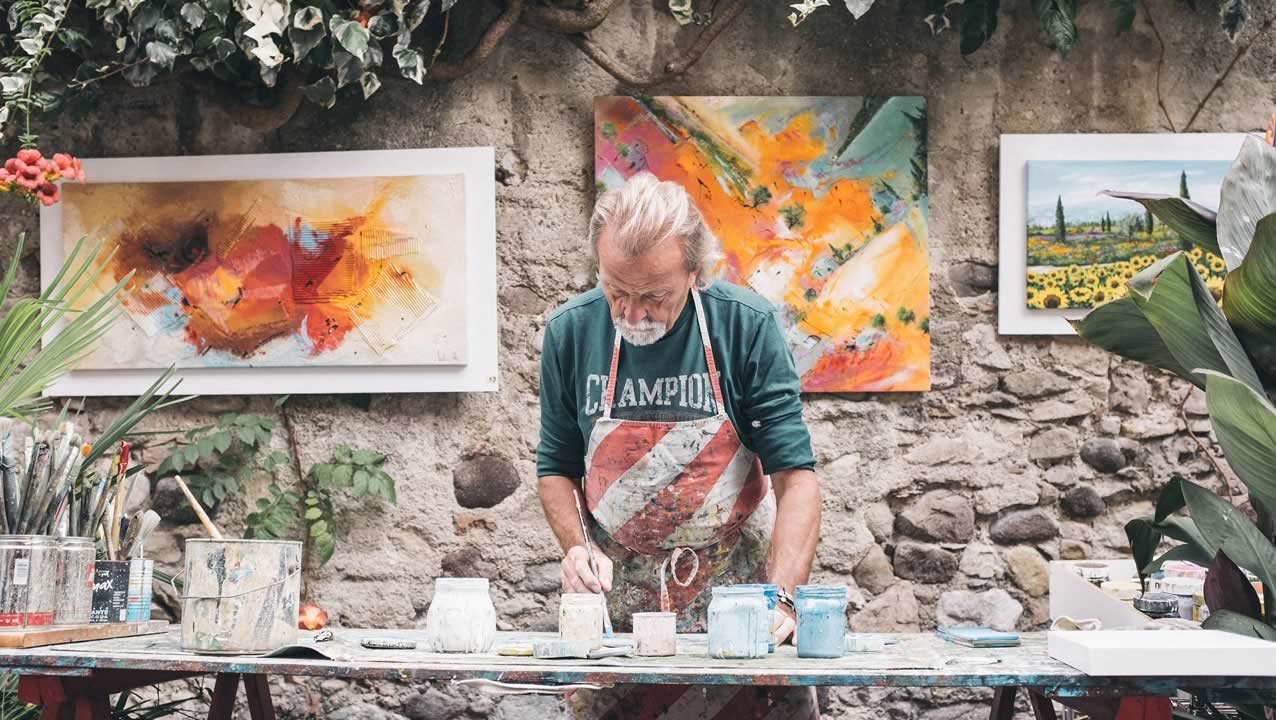Our personal beliefs dictate how we see the world. Ageism starts by what we believe to be true of people’s capacity and attitudes at different ages. Anyone over (pick an age) years old will be said to be “old school thinking”, they “won’t take direction from someone younger”, they “won’t be up to speed with technology”, they’ll be “retiring soon”, and on it goes.
To hold a belief we need to have seen it,experienced or been taught it. Where did this all start? Watching our parents or grandparents? Witnessing the old model of work and retirement, or buying into the story of growing old ourselves? As we are projected to live longer and potentially work longer, these negative ageing beliefs need to be unlearned and replaced with anew adaptive approach.
Believing that our capability is lower than our potential is not really helpful or productive.
To lead a healthy and productive long life needs insight. Individuals need to know what’s required to support their whole life wellbeing, and the sustainable actions to bring this about.
I was told many years ago that you’re given your health until your 35 and then you have to earn it. Now well past 35, I understand what they meant. Skill development can be seen in the same way. Under the old model,society is structured for us to become educated and qualified and then learn on the job, and generally following a linear career path.
With technology and changing of the traditional employment model, we now need to embrace continuous lifelong learning, not just to stay employable but also to keep our minds active and healthy. Neuroplasticity proves that our brains continue to develop and change based on the experiences and information we feed it. Just like we can build muscle through to old age,we have the capacity to build new neurological pathways and skills at any age.
Ageism like most of the ‘isms’ is based on fear or a lack of understanding. If you’re young and have only seen examples of narrow minded, grumpy old people, then it’s understandable that’s how you may see everyone else. If you are older and started to believe the myths about your physical ability, energy, change, invisibility or employability, then that is the expectation we set for ourselves, and often the experience we’ll receive from others.
What if we were able to reduce the negative effect of ageism by starting with our beliefs and behaviours about our capabilities and capacities for growth and change? What if our expectation was to be physically fit and active for our personal circumstances (boot camp or running marathons isn’t necessarily for everyone at any age), energetic, full of possibility and open to learning at any opportunity? Overlay that idea with a positive mindset, some wisdom and developed communication skills, and we could be capable of anything. If we are able to change what we expect of ourselves, wouldn’t our expectations of what we expect of others change too?

